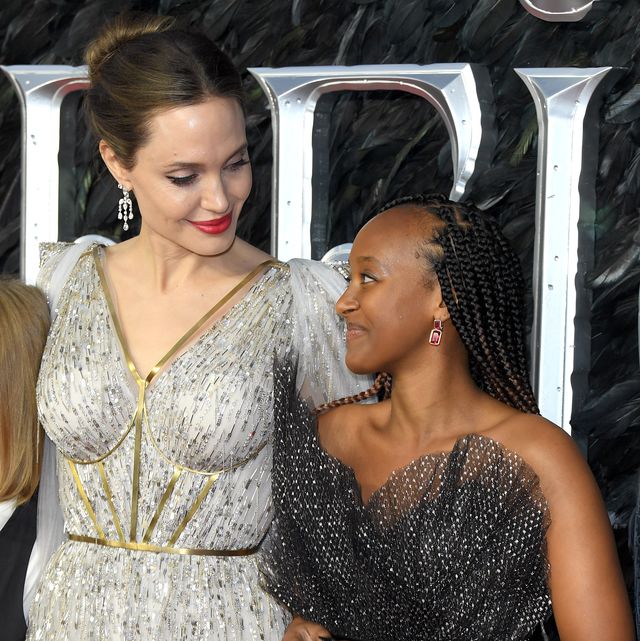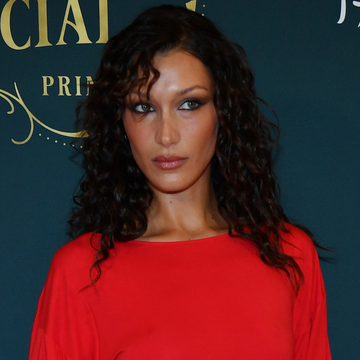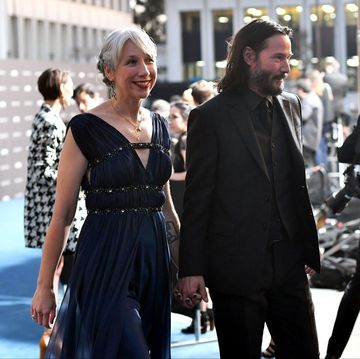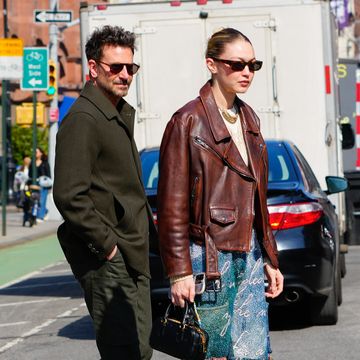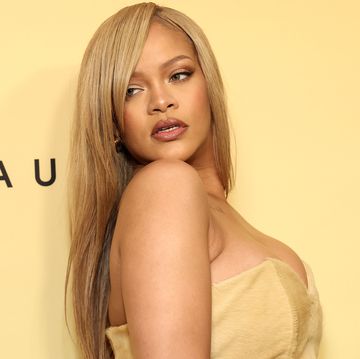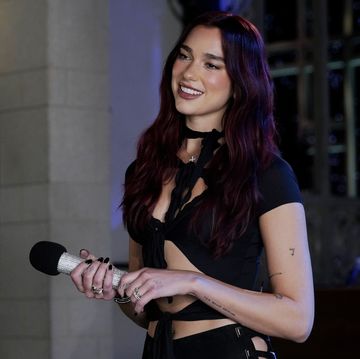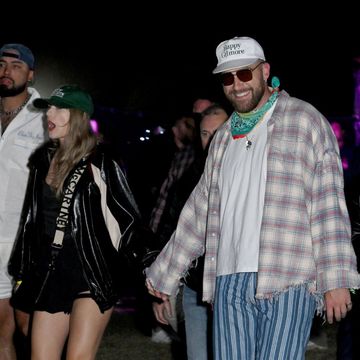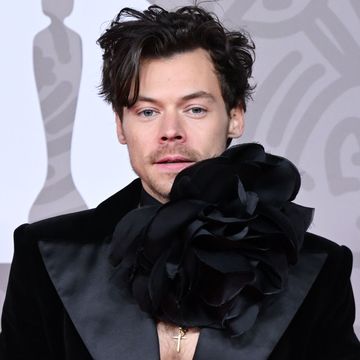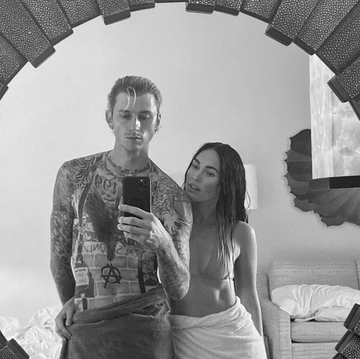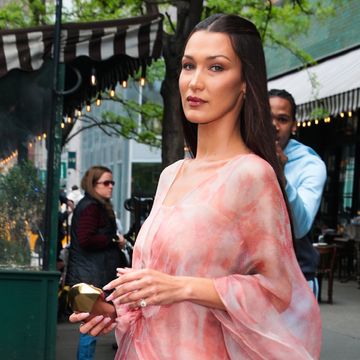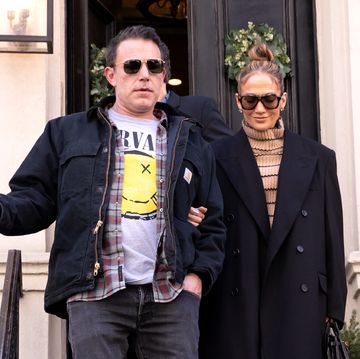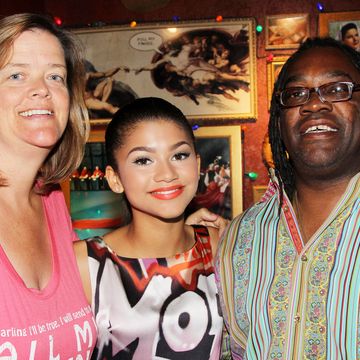Angelina Jolie doesn't often talk about her six children in detail during interviews, choosing to keep their lives private. But she did touch on 15-year-old Zahara Jolie-Pitt's impact on her during a Time 100 conversation with Ugandan climate activist Vanessa Nakate.
Jolie and Nakate were discussing the Black Lives Matter movement, and Jolie prefaced her question with a little insight about Zahara, whom Jolie adopted from Ethopia when Zahara was six months old.
“One of the things that’s also been interesting is the education,” Jolie started. “I don’t know about the schools in Uganda, but I know in the United States there’s a very big question particularly about the—my daughter is from Ethiopia, one of my children. And I have learned so much from her. She is my family, but she is an extraordinary African woman and her connection to her country, her continent, is very—it’s her own and it’s something I only stand back in awe of. But what I see in, for example, American history books and how limited they are, they don’t—they really start teaching people who are Black about their lives through the Civil Rights movement, which is such a horrible place to begin.” Jolie then asked Nakate what she believes Americans need to change about their education system and how they can further teach people about Africa.
Nakate responded:
I think what people really need to first understand is that Africa is not just a country. It’s actually a continent with 54 countries. I remember the history that we learnt about [in school], and it talked so much of slavery and all that. I think that that is a narrative that needs to change. We don’t need to learn about all that cruelty that our people went through, because to me it completely lowers your value as a person. I think African children or any other children should be told about the power that lies within Africa. The African continent is not just about the history of slavery. It’s about the young people who grew up and became doctors, who became professionals in their own careers. The other thing they need to know: that when an African voice speaks, then it’s really an important matter, because for a very long time, we have [had so] few voices coming out of the African continent that are amplified. But [so many others] never get a chance for their stories to be heard. I personally believe that every person who demands justice or advocates for change in their community, they have a story to tell. And I believe that their story has a solution to give. People need to understand that the African people have solutions that will change the world.
You can read and watch their full Q&A here.
